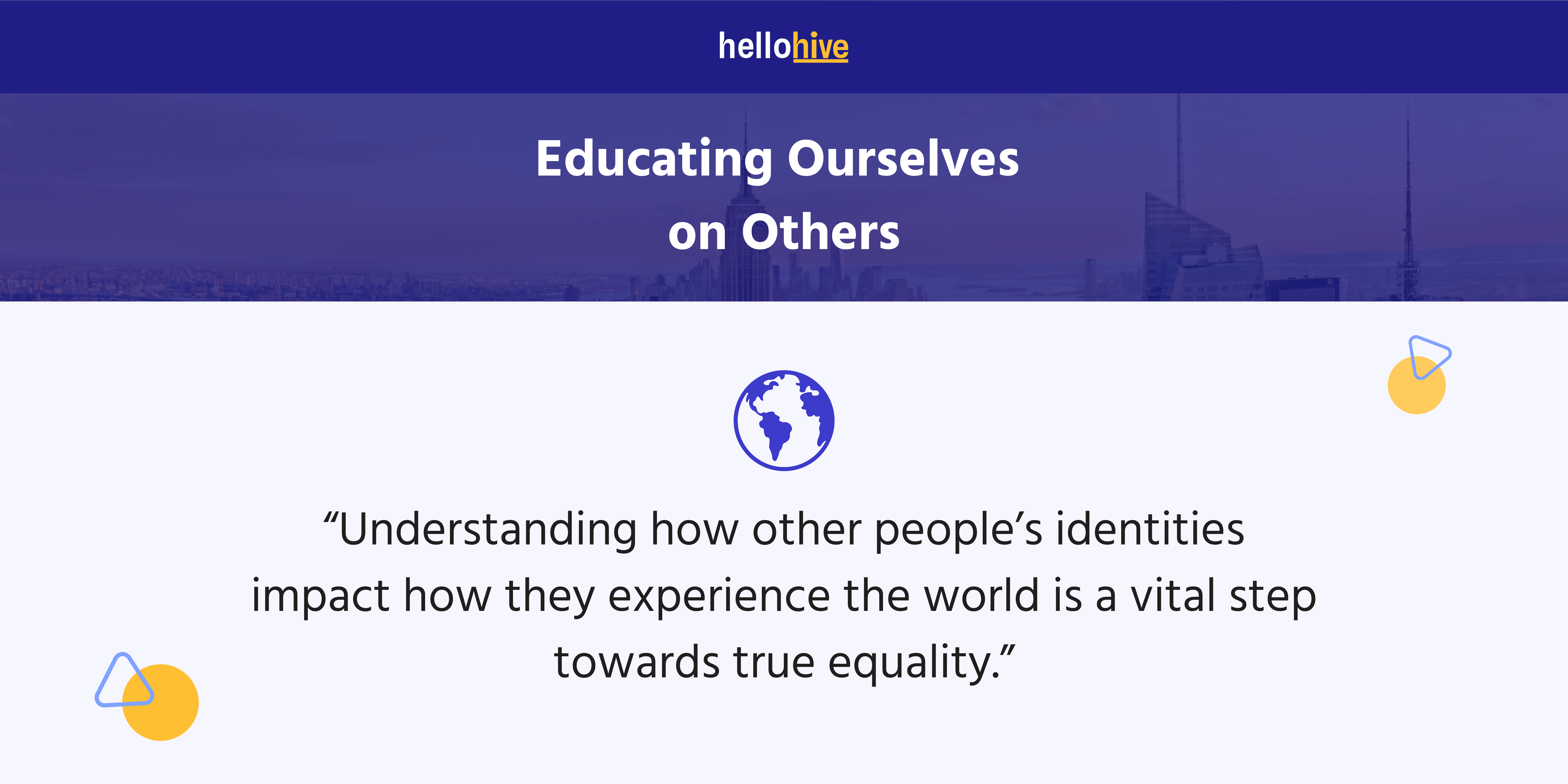It’s only natural that college students will want to learn material they can relate to. But as a first-year student at UCLA, taking a variety of cultural and gender-study classes has shaped my belief that all students could greatly benefit from taking classes that focus on backgrounds outside of their own identities. Understanding how other people’s identities impact how they experience the world is a vital step towards true equality. And so, I cannot help but think of the good that could arise if more college students endeavored to enroll in classes that would educate them on the perspectives of others.
Discovering African American Studies
As a black student in the American education system, I was never truly exposed to black history, and so I had always known that once at the university level I would enroll in an African American studies class. I have finally had the opportunity to do so — and it was a genuinely empowering experience.
Sitting in that classroom was the first time in my life where I witnessed great black authors being presented and praised in an academic setting as objectively elite, rather than a subcategory to the white authors that America regards as the standard. And while this feeling of empowerment is unquantifiably valuable to me, it was an unexpected comment from one of my non-black classmates that gave me the greatest feeling of optimism.
A Moment of Optimism
It was during the very last discussion in that classroom that we were posed with the question: “Why are African American studies important?” My classmate expressed that he felt it was important for America to recognize all of the amazing contributions and influence that black people and black culture bring to our world.
His comment was brief, but the message resonated with me. Although I have always known of the beauty and value within black culture, I had accepted it as something only members of the black community can recognize. To hear a non-black peer send praise to my culture brought me a great deal of joy. This also planted a seed of hope in me — because it was the first time I’ve witnessed that the beauty of black culture can be seen, understood, and appreciated by others.
The Power of Gender Studies
This empowering moment for me wasn’t isolated. Not long after, I had two similar experiences in one of my gender studies classes, which solidified my conviction in the importance of taking classes outside of our own identities.
During that class, I learned that western cultures have a tendency to view religions that encourage modesty as oppressive. Together as a collective, the class came to the conclusion that we cannot judge someone else’s beliefs based on our own values and expectations. The idea that we have to stop viewing others through the lens of our own experiences is one that will forever stay with me — and one that I hope to spread to those around me.
Real-World Impact
During another impactful gender studies lesson, we were given material that expressed how the media’s portrayal of femininity, sex, masculinity, and violence leads to real-world violence towards women. I’ll never forget the women in my class commenting on how the material articulated the fear they experience every day. Later, a classmate said something that will stay with me always: “I am going to make all the men in my life read these articles so that they can understand.” And with just those words, she indirectly summarized my new philosophy.
The Harm of Staying in Our Comfort Zones
Men may not take classes on gender/women studies because they feel they cannot relate to women’s experience — and non-black students may be hesitant to take an African American studies class for the same reason. This thought process — while understandable — is ultimately very harmful. Our inability to relate to one another is one of our world’s greatest obstacles. The solution is straightforward — we need to educate ourselves on each other’s experiences.
A Call to Action
Seeing the world through a lens that goes beyond myself has been a deeply moving and insightful experience. I urge anyone who is able to explore the viewpoints of others — in any academic setting — to readily seize the same opportunity.





